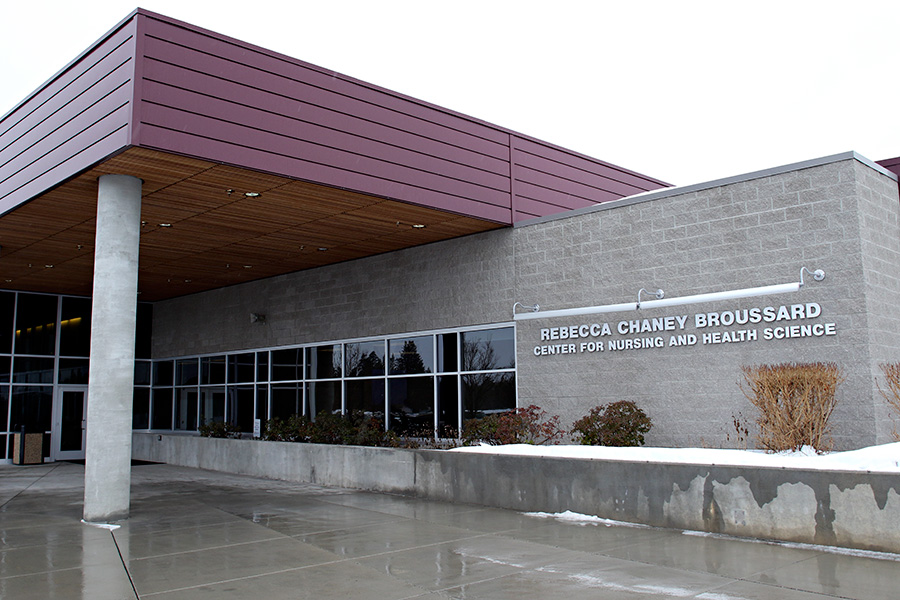As the number of patients grows in the Flathead Valley, so does the number of biological samples that need to be tested: blood, urine, the list goes on. Unfortunately for medical laboratory scientists like Denise Pacovsky, who has worked at Kalispell Regional Healthcare for more than a decade, the number of people who can help her in the lab has not kept pace with demand.
Two years ago, KRH reached out to Flathead Valley Community College about the possibility of adding a medical laboratory technology program to its growing catalog of health-care offerings. In the fall of 2016, the first group of students started classes in the lab technology program.
FVCC President Jane Karas said the fast establishment of the program is an example of the college responding to the needs of its community.
“As a community college, one of our primary missions is to meet the needs of our community, and right now there is a huge need for well-trained employees in the health-care field,” she said.
Currently, FVCC offers more than two-dozen different health care-related programs, and many of them were created with the assistance of KRH. Pat Wilson, senior executive director of academic affairs for the hospital, said FVCC is an “invaluable” resource.
“We are so fortunate to have such an amazing community college that is so receptive to our business needs,” she said.
Janice Alexander is a professor of chemistry and forensic sciences as well as the laboratory technology program advisor. When KRH reached out to the school, Alexander quickly went about searching for the appropriate instructors and crafting a curriculum. She enlisted the help of Pacovsky, who has been working part-time at the hospital and part-time teaching at the college.
FVCC is currently working with the National Accrediting Agency for Clinical Laboratory Science to get the program accredited.
First-year students take chemistry, biology and a number of other science-related courses. During the second year, those students take more advanced courses and work in KRH labs. When they graduate, they will be able to get jobs at hospital labs working under a medical laboratory scientist. Demand for medical lab technicians is expected to increase 18 percent by 2024.
“It is critical to the day-to-day operation of our local labs, especially as our population grows because we’re going to need more people in our hospital labs,” Pacovsky said.
For additional information, visit www.fvcc.edu/medical-lab-technology.
